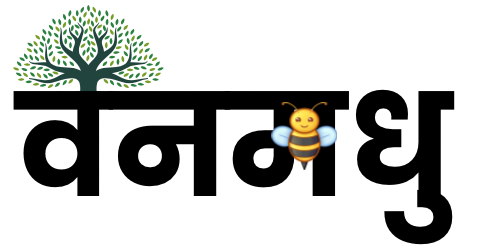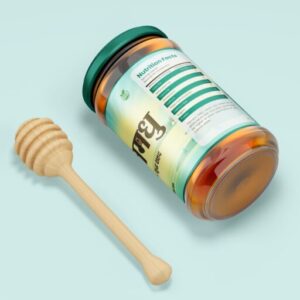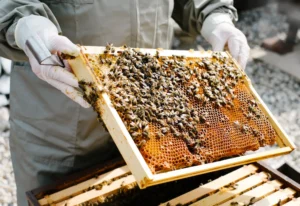When you think about pollination, your mind might jump to bees buzzing from flower to flower. But pollination is far more than a simple act of nature—it’s the foundation of life on Earth. From the food on our plates to the biodiversity that surrounds us, pollination is essential for the balance of both natural ecosystems and human survival.
Let’s explore why pollination is so important and what it means for us all.
🌸 What Is Pollination?
Pollination is the process of transferring pollen from the male part of a flower (anther) to the female part (stigma). This allows plants to reproduce and bear fruit or seeds. It happens through:
- Insects (like bees, butterflies, beetles)
- Birds
- Wind and water
- Bats and small mammals
Pollinators play a major role in this process—especially bees, which are among the most efficient and hardworking pollinators on the planet.
🐝 Why Is Pollination Important for Humans?
1. Food Production
Over 75% of the world’s flowering plants and about 35% of global crops depend on animal pollinators. Without them, many of the fruits, vegetables, nuts, and seeds we eat wouldn’t exist.
Common foods that rely on pollination:
- Apples, strawberries, blueberries
- Coffee and cacao (yes, chocolate!)
- Almonds, cucumbers, melons, pumpkins
- Tomatoes, peppers, avocados
Without pollinators, our diets would be far less diverse—and far less nutritious.
2. Biodiversity and Ecosystem Health
Pollination supports the reproduction of wild plants, which:
- Provide habitats for wildlife
- Prevent soil erosion
- Purify air and water
- Maintain a balanced ecosystem
If pollinators disappear, ecosystems begin to collapse.
3. Economic Impact
Pollinators contribute billions to the global economy by supporting agriculture and food industries. According to the Food and Agriculture Organization (FAO), pollination is responsible for up to $577 billion in annual global food production.
Farmers and beekeepers alike depend on healthy pollinator populations to keep crops growing and harvests productive.
4. Medicinal Plants
Many plants with healing properties rely on pollination. From herbs like lavender and echinacea to ingredients in modern medicine, pollinators indirectly support our healthcare systems as well.
⚠️ The Pollination Crisis: A Growing Concern
Unfortunately, pollinators are in trouble. Habitat loss, pesticides, climate change, disease, and pollution are causing rapid declines in bee and insect populations worldwide.
If we don’t take action, the ripple effect could disrupt food chains, increase food prices, and threaten our very survival.
🌼 What Can We Do to Help?
Here are a few simple ways you can support pollination and protect pollinators:
- Plant native flowers in your garden or balcony
- Avoid chemical pesticides and herbicides
- Buy local raw honey and support beekeepers
- Provide bee hotels or nesting spots
- Support organic and pollinator-friendly farming
Every small action counts.
Final Thoughts
Pollination may seem like a quiet, invisible process—but it powers life as we know it. By understanding and protecting pollinators, we’re not just saving bees—we’re safeguarding our future, our food, and our planet.




